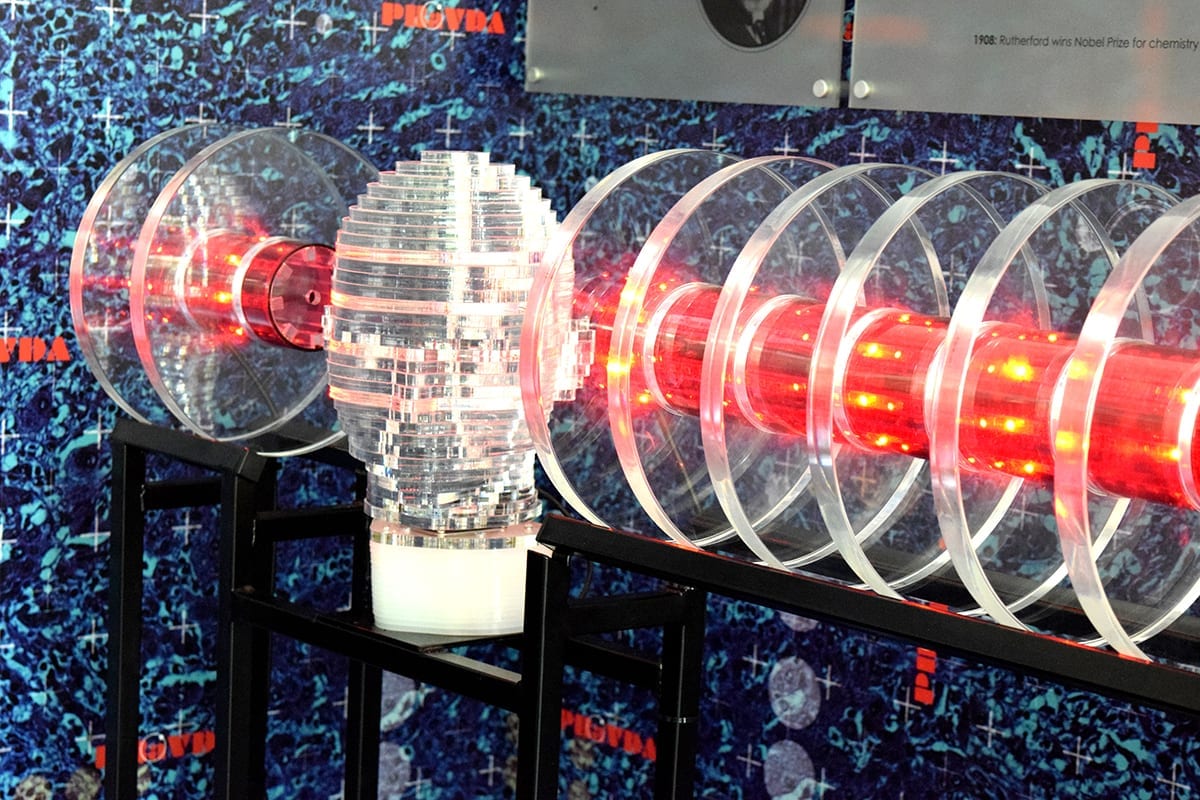Scientists put final pieces into place for seeing cancer with protons
Scientists are currently in South Africa putting together a unique medical imaging platform which could improve treatment for millions of cancer sufferers by making proton therapy a viable option. Members of the multi-national research team behind the PRaVDA (Proton Radiotherapy Verification and Dosimetry Applications) project, led by the University of Lincoln, UK, are now building…
